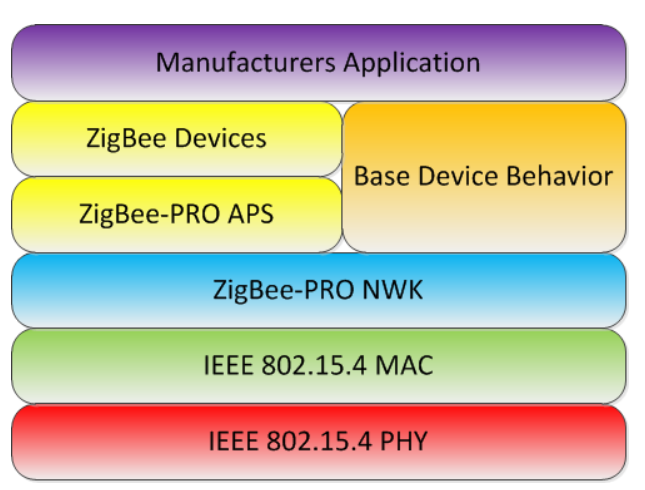
bdb 是zigbee 应用层上面的纯接口层,提供了设备操作网络相关的交互行为,也就是bdb已经概况总结了可能的人机操作网络的行为(例如,建立网络/加入网络/离开网络),并且规划成接口,方便应用层直接调用,从而进一步规范厂商的应用行为,达到标准化。
...
bdb 是zigbee 应用层上面的纯接口层,提供了设备操作网络相关的交互行为,也就是bdb已经概况总结了可能的人机操作网络的行为(例如,建立网络/加入网络/离开网络),并且规划成接口,方便应用层直接调用,从而进一步规范厂商的应用行为,达到标准化。
...本文详细介绍基于gac-350 门禁的node windows 开发环境的搭建,以及用以该门禁远程编译调试node工程。
gac-350 smart-device-node 工程代码通过gitlab管理.
Before a command is executed, its input and output may be redirected using a special notation interpreted by the shell. Redirection allows commands' file handles to be duplicated, opened, closed, made to refer to different files, and can change the files the command reads from and writes to. Redirection may also be used to modify file handles in the current shell execution environment. The following redirection operators may precede or appear anywhere within a simple command or may follow a command. Redirections are processed in the order they appear, from left to right.
Each redirection that may be preceded by a file descriptor number may instead be preceded by a word of the form{varname} . In this case, for each redirection operator except >&- and <&-, the shell will allocate a file descriptor greater than or equal to 10 and assign it to {varname}. If >&-or<&-is preceded by {varname}, the value of {varname} defines the file descriptor to close.
和亮哥对json的数据类型有了争议,这里直接dump http的post 数据。分析如下post数据的false值。
对比了如上的false值,发现还是一个字符串。
...beyond compare 4 key
删除安装文件夹的BCUnrar.dll。


DM(显示管理器)功能如下:
不增加其他额外的启动时间;
See <linux/platform_device.h> for the driver model interface to the platform bus: platform_device, and platform_driver. This pseudo-bus is used to connect devices on busses with minimal infrastructure,
like those used to integrate peripherals on many system-on-chip processors, or some "legacy" PC interconnects; as opposed to large formally specified ones like PCI or USB.
Platform devices are devices that typically appear as autonomous entities in the system. This includes legacy port-based devices and host bridges to peripheral buses, and most controllers integrated into system-on-chip platforms. What they usually have in common is direct addressing from a CPU bus. Rarely, a platform_device will be connected through a segment of some other kind of bus; but its registers will still be directly addressable.
...